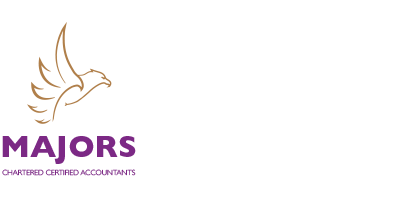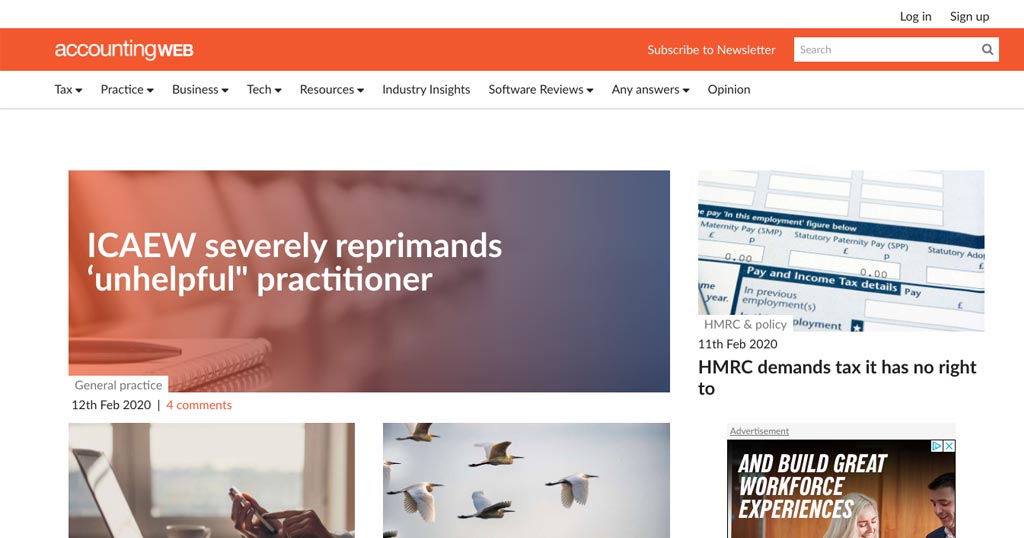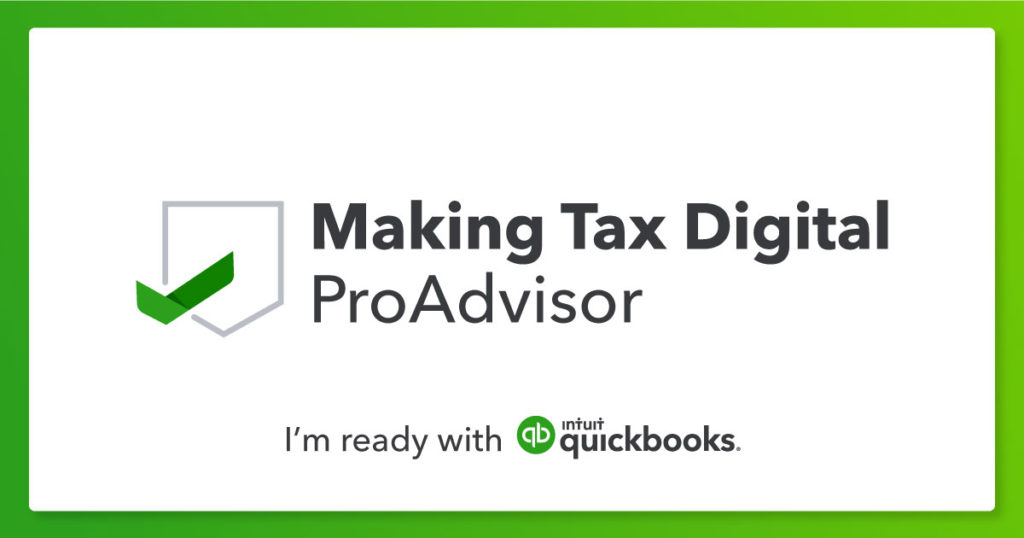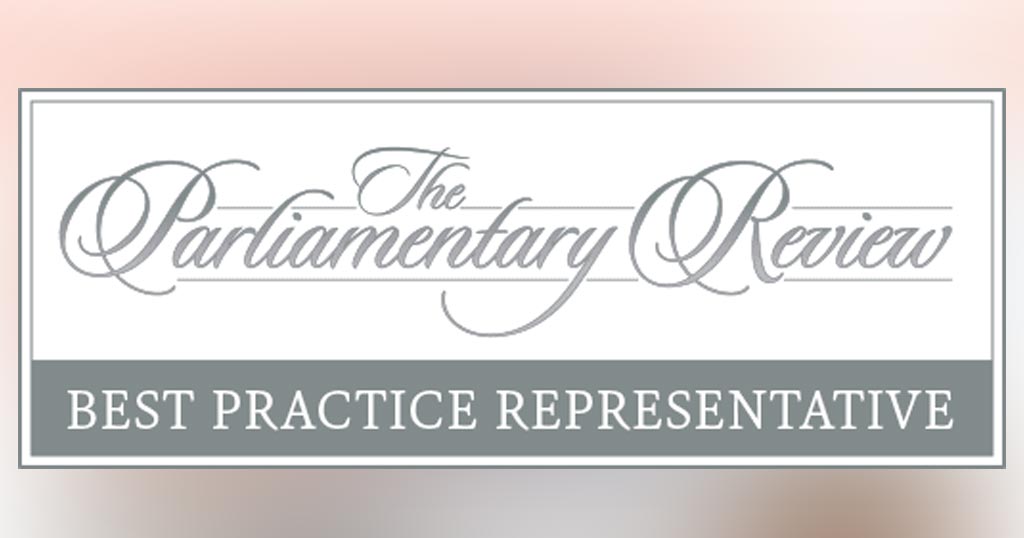What is Hospitality Accounting?
Hospitality accounting is a specialised branch of financial management tailored specifically to the unique challenges and complexities of the hospitality sector. Unlike traditional accounting, this discipline goes far beyond standard bookkeeping to understand the landscape of the hospitality industry, providing responsive financial planning and advice.
At its core, hospitality accounting encompasses four core services:
- Revenue Management: Tracking and optimising income streams across various service lines, from room bookings to dining and additional amenities.
- Cost Control: Meticulously managing operational expenses, including labour, supplies, utilities, and inventory to maintain profitability.
- Payroll Management: Handling the complexities of workforce compensation, with flexibility for casual or seasonal staff, variable working hours, and multiple pay rates.
- Tax Compliance: Navigating the intricate tax regulations specific to the hospitality industry, including VAT, employment taxes, and sector-specific levies.
What sets accounting in the hospitality sector apart from other services is its dynamic nature and the need for real-time financial insights. While general accounting provides a retrospective view, hospitality accounting demands a forward-looking approach that can quickly adapt to the industry’s rapid changes and unique challenges.
Why is Accounting Important in the Hospitality Industry?
Accurate accounting is the financial backbone of any successful hospitality business. The industry is characterised by unique financial challenges that require sophisticated and specialist financial management:
High turnover rates demand precise tracking of staffing costs and revenue per employee. Seasonal income variability means businesses must carefully manage cash flow during peak and off-peak periods. Inventory costs in food and beverage sectors require meticulous monitoring to prevent waste and optimise purchasing. Complex cash flow challenges arise from advance bookings, variable demand, and significant upfront operational costs.
As skilled hospitality accountants, we provide more than just number-crunching – Majors Accounts offer strategic financial guidance that can mean the difference between thriving and merely surviving in this competitive industry.
The Different Hospitality Industries
The hospitality sector is incredibly diverse, encompassing multiple sub-industries, each with its own unique financial intricacies. Specialised accountants play a crucial role in supporting these varied sectors, providing tailored financial expertise that goes beyond generic accounting services.
Hospitality Accountants for Food and Beverage
The food and beverage industry presents a minefield of financial challenges. Accountants in this sector must navigate increasing supply prices, intricate inventory management, seasonal trend impacts and tight profit margins.
Our hospitality accounting specialists can help your food and beverage business by:
– Developing comprehensive budget plans
– Creating accurate financial forecasts
– Implementing strategic tax planning
– Managing complex cash flow requirements
– Conducting detailed profitability analyses
Critical compliance areas include food safety regulations, licensing costs, and health compliance expenses. Accountants ensure businesses remain financially viable while meeting stringent industry standards.
Hospitality Accountants for Accommodation
Accommodation businesses face unique financial challenges that require expert accounting support. Services such as revenue optimisation, occupancy rate management and business planning that is responsive to seasonal demand fluctuations are all vital for hotels and accommodation businesses.
Our hospitality accounting specialists can help your accommodation and hospitality business by:
– Providing effective property tax and occupancy tax planning
– Ensuring VAT compliance
– Identifying cost-saving opportunities in utilities, maintenance, and staffing
– Strategising asset management to improve overall profitability
Hospitality Accountants for Travel & Tourism
The travel and tourism sector demands financial expertise for budgeting that can handle extreme seasonality, international financial complexities and a market subject to natural disasters, political change and global pandemics.
Our hospitality accounting specialists can help your travel and tourism business by:
– Developing robust budgeting strategies
– Managing currency fluctuation risks
– Navigating international tax landscapes
– Providing financial risk management
– Preparing businesses for unexpected economic challenges
Hospitality Accountants for Entertainment
Entertainment businesses present a complex financial environment with significant operational expenses, a diverse structure of employment with many seasonal and casual workers as well as intricate compliance requirements.
Our hospitality accounting specialists can help your entertainment business by:
– Managing diverse revenue streams (ticket sales, sponsorships, merchandise)
– Handling entertainment-specific taxes and VAT
– Managing royalty payments
– Tracking intellectual property financial implications
– Budgeting for events and talent costs
– Minimising financial risks while maximising revenue potential
By providing specialised, strategic financial guidance, our hospitality accountants will become indispensable partners in navigating the complex financial landscape of your dynamic industry.
Majors Hospitality Accounting Services
At Majors Accounts, we can offer a full accounting service for our hospitality clients. Supported by our accounting software partners, we can help you transition to effective digital payroll and bookkeeping systems. Our hospitality accountants are adept at identifying efficient tax strategies whilst ensuring compliance, conducting tax investigations to understand your businesses current compliance. From our experience in the industry we can facilitate informed and functional budgeting and financial forecasting, creating true stability for your business.
Why Choose Majors as your Hospitality Accountant
London Based:
As a local South East London family-run firm, we pride ourselves on providing a personalised service to our clients. Whether you are a small business or a large franchise, our experience in hospitality accounting has grown to meet the needs of our clients, continuing to provide a responsive service as they adapt to the changing hospitality industry.
Technology-Driven Integrations:
Our team is driven by innovation, working across a range of software integrations to provide real time and accurate data for informed financial planning and advice.
Industry Expertise:
Mention Major Accounts’ experience in the hospitality sector, showcasing familiarity with the specific challenges and requirements of this industry.
Proven Results:
Briefly mention any client testimonials, case studies, or successful client outcomes that reinforce the credibility and effectiveness of Major’s services for hospitality clients.
Frequently Asked Questions:
What Accounting Software is Commonly Used in Hospitality?
The hospitality industry relies on specialised accounting software to streamline financial management and reporting. Some of the most popular tools include:
- QuickBooks: A versatile accounting solution that provides comprehensive financial management tools, including expense tracking, invoicing, and payroll services tailored to hospitality businesses.
- Xero: A cloud-based accounting platform known for its user-friendly interface and robust integration capabilities. It offers real-time financial tracking and easy access for multiple team members.
- Opera: A property management system specifically designed for the hospitality sector, offering integrated accounting features that handle everything from reservations to financial reporting.
At Major Accounts we support our clients to transition towards digital and cloud accounting in accordance with the Making Tax Digital initiative. Our team provides expert advisory and support services facilitated by our status as Quickbooks Platinum ProAdvisors. We work hard to ensure that your accounting software is not just a tool, but a strategic asset that provides meaningful financial insights and streamlines your business operations.
How are Tips and Gratuities Managed in Hospitality Accounting?
Tip management is a nuanced aspect of hospitality accounting with important legal and tax considerations:
Typically, tips are defined as:
- Direct tips given to individual employees
- Pooled tips shared across staff
- Service charges added to bills
From an accounting perspective, all gratuities must be:
- Accurately recorded
- Properly reported to HMRC
- Appropriately distributed among staff
- Taxed in compliance with current UK regulations
Businesses must maintain detailed records of tip allocation, ensuring transparent and fair distribution while meeting tax obligations. Employing the services of experienced hospitality accountants can help you manage this aspect of cash flow for your business, ensuring full compliance and oversight for this fluctuating form of income.
What is Occupancy Rate, and Why is it Significant?
Occupancy rate is a critical performance metric in the hotels and accommodation industry that measures the percentage of available rooms actually used during a specific period. It is calculated by dividing the number of occupied rooms by the total number of available rooms.
Why it matters:
- Directly impacts revenue potential
- Indicates business performance showing strengths and weaknesses
- Essential for financial forecasting and budgeting guiding marketing and promotional efforts
A high occupancy rate suggests efficient use of assets and potentially stronger financial performance. Working with experienced hotel and hospitality accountants can help support occupancy efficiency tracking, facilitating effective business and budget planning helping you grow your business.
How do Hospitality Businesses Manage Cash Flow?
Effective cash flow management is crucial in the hospitality industry, which often experiences significant seasonal variations. Best practices include:
Maintain Adequate Reserves
- Build a financial buffer to cover unexpected expenses
- Aim for 3-6 months of operating expenses in reserve
- Create contingency funds for off-peak seasons
Comprehensive Forecasting
- Develop detailed financial projections
- Consider seasonal variations
- Anticipate potential revenue fluctuations
- Create multiple scenario plans
Detailed Revenue and Expense Tracking
- Monitor income streams closely
- Track fixed and variable costs
- Implement robust accounting systems
- Regularly review financial statements
Proactive Financial Management
- Negotiate favourable payment terms with suppliers
- Manage accounts receivable efficiently
- Consider flexible credit options
- Explore revenue diversification strategies
Technology Integration
- Use advanced accounting software
- Implement real-time financial tracking
- Automate reporting processes
- Utilise predictive financial analytics
